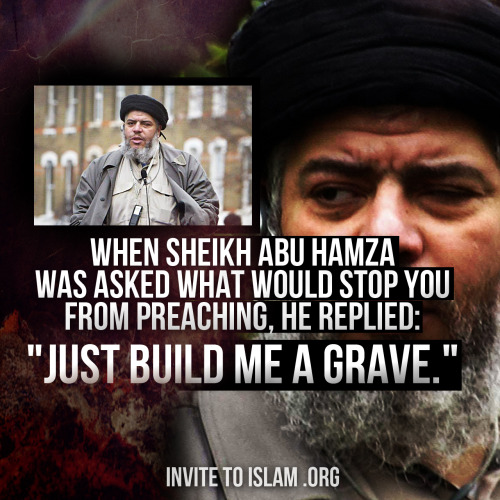Concerning the words of Allah:
وَإِذْ قَالَ رَبُّكَ لِلْمَلاَئِكَةِ إِنِّي جَاعِلٌ فِي الأَرْض خليفة (1 َ
And [remember] when your Rabb said to the angels: "Verily, I will place in the Earth a Khaleefah..."
[al-Baqarah : 30]
Abdullah
Yoosuf Ali in his well-known commentary, translated the word
'khaleefah' as 'vicegerent', while Muhammad Marmaduke Pickthall, in his
translation, rendered it as 'viceroy.' However, when we examine the
books of tafseer, we find that Ibn Katheer says, "Verily, I will place
in the earth a Khaleefah." That is, generation succeeding generation, as
in the words of Allah:
وَهُوَ الَّذِي جَعَلَكُمْ خَلاَئِفَ الأَرْ
It is He Who has made you Khalaa'if on the earth
[al-'Anaam : 165]
Ibn Jareer at-Tabari says: "The meaning of Khaleefah which Allah has
mentioned is only the succession of one generation after another and the
word Khaleefah is used here in the same way in which on would say:
such-and-such person has succeeded so-and-so [i.e. taken his place due
to the absence or retirement of the latter]." This explanation negates
the possibility that what is intended is Vicegerent or Viceroy, since
Allah is never absent, nor does He retire. He says:
اللّهُ
لاَ إِلَـهَ إِلاَّ هُوَ الْحَيُّ الْقَيُّومُ لاَ تَأْخُذُهُ سِنَةٌ
وَلاَ نَوْمٌ لَّهُ مَا فِي السَّمَاوَاتِ وَمَا فِي الأَرْضِ مَن ذَا
الَّذِي يَشْفَعُ عِنْدَهُ إِلاَّ بِإِذْنِهِ يَعْلَمُ مَا بَيْنَ
أَيْدِيهِمْ وَمَا خَلْفَهُمْ وَلاَ يُحِيطُونَ بِشَيْءٍ مِّنْ عِلْمِهِ
إِلاَّ بِمَا شَاء وَسِعَ كُرْسِيُّهُ السَّمَاوَاتِ وَالأَرْضَ وَلاَ
يَؤُودُهُ حِفْظُهُمَا وَهُوَ الْعَلِيُّ الْعَظِيمُ
Allah!
Laa ilaaha illaa huwa None has the right to be worshipped but He, the
Everliving, the Sustainer and Protector of all that exists. Neither
slumber nor sleep overtakes Him. To Him belongs whatever is in the
heavens and whatever is in the earth. Who is he that can intercede with
Him except by His leave? He knows what happens to them in this world,
and what will happen to them in the Hereafter. And they will never
compass anything of His Knowledge except that which He wills. His Kursi
[footstool] extends over the heavens and the earth, and He feels no
fatigue in guarding and preserving them. And He is the All-High, the
All-Great.
[al-Baqarah : 255]
It
is also said by some that the word 'khaleefah' in the verse refers to
Adam (as). However, if it were so, according to Ibn Katheer,
the angels would not have said:

![Israeli army arresting Palestinian youth for stone throwing. [File photo] Israeli army arresting Palestinian youth for stone throwing](https://www.middleeastmonitor.com/images/article_images/middle-east/Palestinian-youth-arrested-by-Israeli-soldiers-for-stone-throwing06.jpg)





